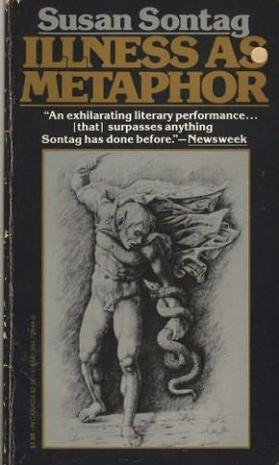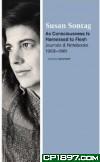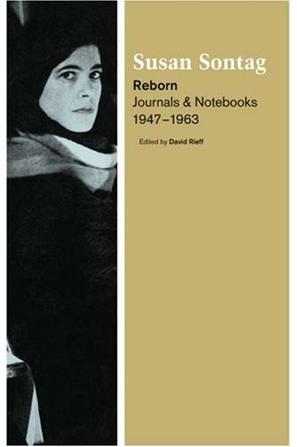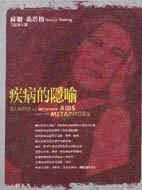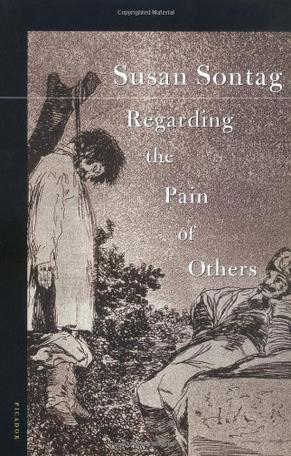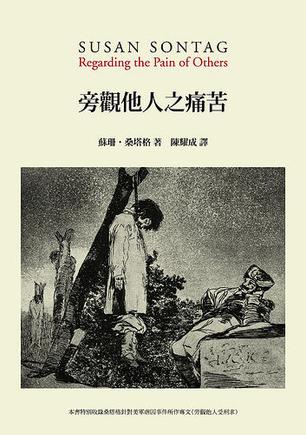Reborn
Susan Sontag
"I intend to do everything...to have one way of evaluating experience—does it cause me pleasure or pain, and I shall be very cautious about rejecting the painful—I shall anticipate pleasure everywhere and find it too, for it is everywhere! I shall involve myself wholly...everything matters!"
So wrote Susan Sontag in May 1949 at the age of sixteen. This, the first of three volumes of her journals and notebooks, presents a constantly and utterly surprising record of a great mind in incubation. It begins with journal entries and early attempts at fiction from her years as a university and graduate student, and ends in 1964, when she was becoming a participant in and observer of the artistic and intellectual life of New York City.
Reborn is a kaleidoscopic self-portrait of one of America’s greatest writers and intellectuals, teeming with Sontag’s voracious curiosity and appetite for life. We watch the young Sontag’s complex self-awareness, share in her encounters with the writers who informed her thinking, and engage with the profound challenge of writing itself—all filtered through the inimitable detail of everyday circumstance.
Editorial Reviews
From Publishers Weekly
Starred Review. The first of three planned volumes of Sontag's private journals, this book is extraordinary for all the reasons we would expect from Sontags writing—extreme seriousness, stunning authority, intolerance toward mediocrity; Sontags vulnerability throughout will also utterly surprise the late critic and novelists fans and detractors. At 15, when these journals began, Sontag (1933–2004) already displayed her ferocious intellect and hunger for experience and culture, though what is most remarkable here is watching Sontag grow into one of the century's leading minds. In these carefully selected excerpts (many passages are only a few lines), Sontag details her developing thoughts, her voluminous reading and daily movie-going, her life as a teenage college student at Berkeley discovering her sexuality (bisexuality as the expression of fullness of an individual), and meeting and marrying her professor Philip Rieff, with whom, at the age of 18, she had David, her only child. Most powerful are the entries corresponding to her years in England and Europe, when, apart from Philip and their son, the marriage broke down and Sontag entered intense lesbian relationships that would compel her to rethink her notions of sex, love (physical beauty is enormously, almost morbidly, important to me) and daughter- and motherhood, and all before the age of 30. Watching Sontag become herself is nothing short of cathartic. (Dec.)
Copyright © Reed Business Information, a division of Reed Elsevier Inc. All rights reserved.
From Booklist
Rieff sensitively portrayed revered critic and novelist Sontag during her last days in Swimming in a Sea of Death (2008) and now continues to navigate the great sea of her legacy as editor of her journals. He didn’t want to open his mother’s private life to public eyes, but because her papers are available to scholars, he does so preemptively, granting readers access to the innermost thoughts of a genuine prodigy. In 1948, at age 15, Sontag asks, “And what is it to be young in years and suddenly awakened to the anguish, the urgency of life?” After starting college at 16, she fills her journals with passionate analysis of books, her intellectual ambitions, her struggle to accept her homosexuality, and the ecstasy and torment of her first lesbian relationship. Then, suddenly, this ardent seeker becomes a wife and mother. She loves her son, but marriage does not suit her, and her battle to reclaim her true self is one of several dramatic rebirths punctuating this electrifying record of Sontag striving to become Sontag. Two more volumes are planned. --Donna Seaman
Review
“What ultimately matters about Sontag . . . is what she has defended: the life of the mind, and the necessity for reading and writing as ‘a way of being fully human.’” —Hilary Mantel, Los Angeles Times Book Review
